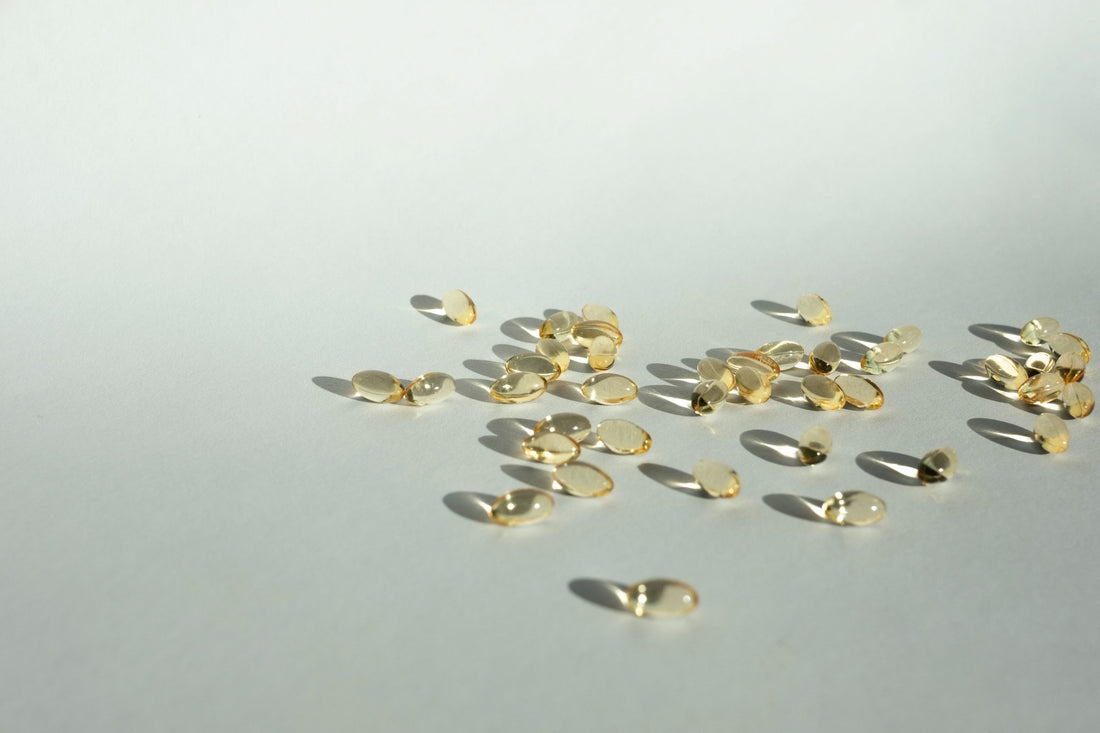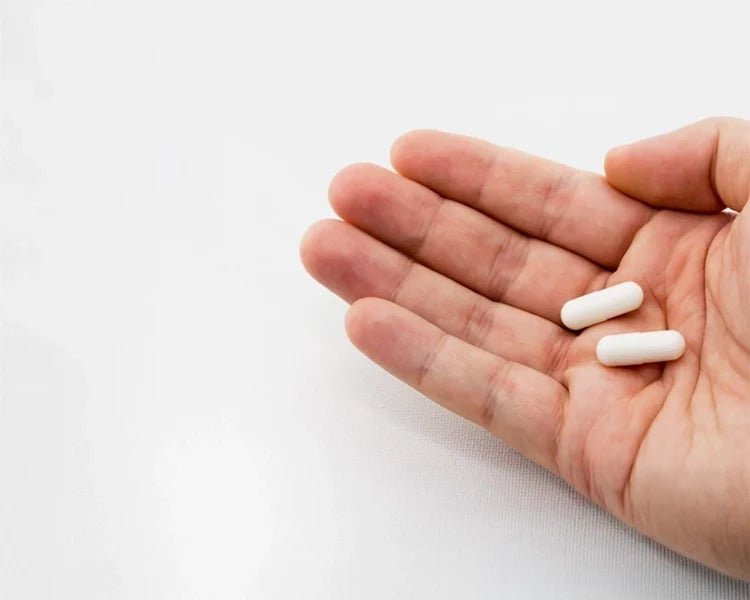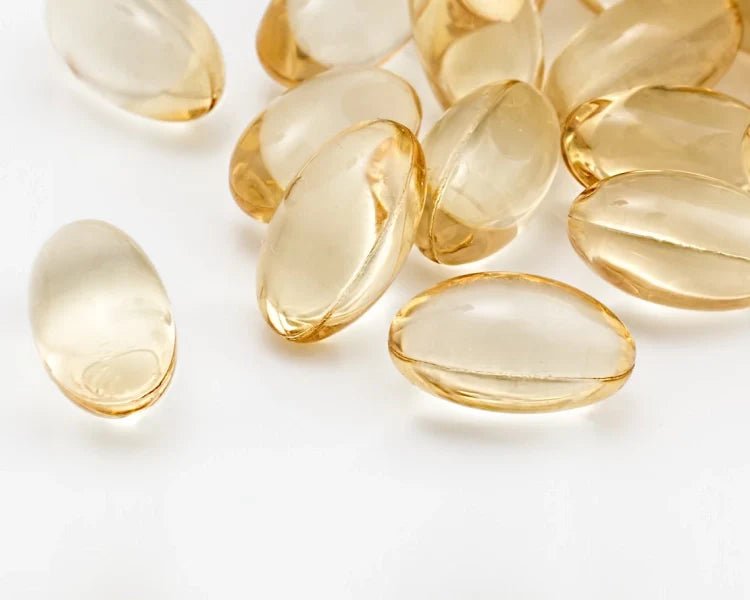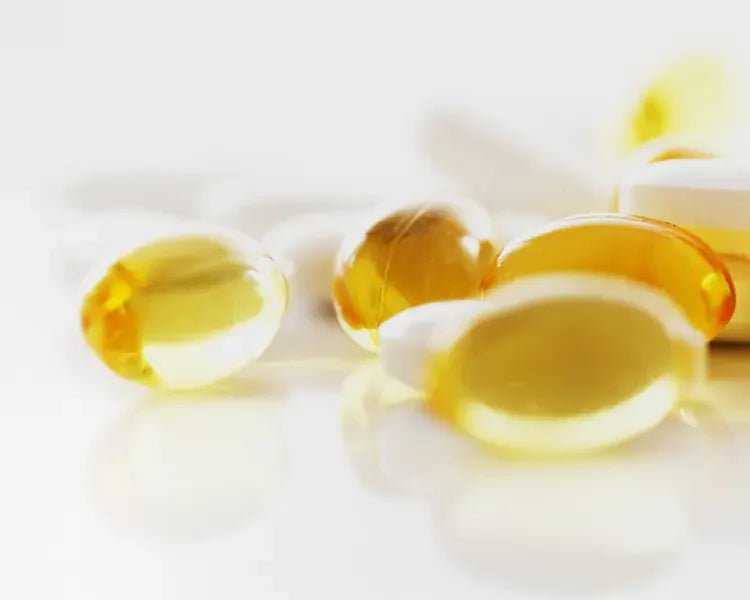Education
Medicine or dietary supplement? What to choose?
Mr. Magister, I would like some magnesium "in the form of a MEDICINE". A conversation at the pharmacy window often begins with this phrase. Then the patient begins a long analysis of the composition and packaging to be 100% sure that there is no inscription "dietary supplement" on it. The pharmacist often avoids talking about this topic, but should still be prepared to talk to the patient. The problem of distinguishing and comparing drugs and dietary supplements is quite difficult. Both product categories are placed on adjacent stands and have similar, and often the same, composition. So what is the mystery and why do patients try so hard to buy a drug and not a dietary supplement? Let's start with individual definitions. A medicinal product is a substance or mixture of substances presented as having properties for the prevention or treatment of diseases occurring in humans or animals or administered for the purpose of making a diagnosis or for the purpose of restoring, improving or modifying the physiological functions of the body through pharmacological, immunological or metabolic action. (Pharmaceutical Law of September 6, 2001, Chapter 1 Art.2 Point 32.) The definition contained in the Act clearly states that a drug (medicinal product) prevents, cures, improves or modifies the physiological functions of the body. Whereas: Dietary supplement - a food intended to supplement a normal diet, being a concentrated source of vitamins or minerals or other substances having a nutritional or other physiological effect, single or combined, placed on the market in a form enabling dosing, in the form of: capsules, tablets, dragees and in other similar forms, sachets with powder, ampoules with liquid, dropper bottles and other similar forms of liquids and powders intended for consumption in small, measured unit quantities, excluding products having the properties of a medicinal product within the meaning of the provisions of pharmaceutical law. (UST AWA of August 25, 2006 on food and nutrition safety, SECTION I, Art. 3 point 3, ppk39) According to this definition, a dietary supplement is a food that is intended to supplement the normal diet with vitamins, minerals and "other" substances. At first glance you can see the difference, but is it really? Looking at the last part of the definition: excluding products with the properties of a medicinal product within the meaning of pharmaceutical law, we reach the point where it is impossible to distinguish a dietary supplement from a drug. What is the difference between a medicinal product containing 2000 IU of vitamin D3 in the form of cholecalciferol and a dietary supplement containing exactly the same in the same form, but in capsules? There are several differences between a drug and a dietary supplement, but neither side achieves a clear competitive advantage. The first issue concerns legal aspects. Various institutions register both product groups. Drug registration is handled by URL (Drug Registration Office). It does this on the basis of many tests and certificates. However, the Chief Pharmaceutical Inspector is responsible for marketing authorization in the country. Dietary supplements are also officially registered by the Chief Sanitary Inspector (GIS) on the basis of an application submitted by the entrepreneur. Therefore, it is not the law that supplements are not subject to control, because the GIS may refuse to register or, in case of uncertainty, may ask for an opinion from the URL. The registration procedure for dietary supplements is shorter and easier to carry out, which is why many drug manufacturers register their next products in this category. The second thing is the doses of individual ingredients. Based on the dose definitions, substances in a drug have a curative or preventive effect, while in a supplement they have a nutritional effect. No less surprising is the fact of the existence of vitamin C - a drug in doses of 200 and 500 mg in the presence of the same vitamin - a supplement in doses of 1000 and 2000 mg. Questions arise about the body's actual needs, the dose that produces a therapeutic or nutritional effect, and the dose that is too high to be safe. Another aspect concerns the origin of the ingredients contained in the products. Due to high standardization requirements and the purity of substances, synthetic substances obtained through chemical reactions are often used in medicinal products. Dietary supplements often contain ingredients of natural origin, which seems to be a healthier solution and more adapted to the living organism. They also contain plant ingredients and their extracts. Sometimes dietary supplements contain plant ingredients that are not found in our climate or in Europe, but which have a proven positive effect on health and fitness. Further differences concern promotion and advertising. No elements of the packaging, names or advertising of supplements may suggest medicinal properties. Each package must also have the description "DIETARY SUPPLEMENT". Every day we are attacked by advertisements for medicines and supplements, so much so that it is difficult to know what and whether it is worth buying to support our health. We consume large amounts of medicines and dietary supplements every day. This is due to the fact that the availability of supplements is very high, advertising in the media is intense, and society is taught to respond to changes in its health by purchasing new preparations. Supplements are used to improve the condition of hair, nails, skin, eyes, joints, etc. We supplement vitamins, minerals and herbs using multi-ingredient products. Therefore, it is important to know the exact composition of a given preparation. There is a high probability that several preparations will contain the same ingredients and by taking a whole range of products we will provide too high doses of the mentioned vitamins or minerals. It is also worth remembering that the most important source of supplementation is food, i.e. what we eat. So how should you approach the use of supplements to make it safe? Let us remember that choosing a drug as a safe form will not always meet the nutritional and health needs of the body. On the other hand, not all supplement manufacturers meet the quality standards of their products. Taking this summary into account, you should follow a few rules to achieve the appropriate nutritional effect while maintaining safety. Here are the rules worth following Let's choose high-end supplements - there are several leading companies on the market. Some of them can be found on our website. Companies with extensive experience, certified products and production standards such as GMP, ISO, etc. The most advantageous offers are provided by companies that grow medicinal herbs themselves and produce vitamin and mineral ingredients instead of mass purchases from suppliers. Let's use only those substances that we need - it's best to discuss the selection of ingredients with a specialist. Do not use supplements recommended by third parties. The appropriate selection of supplements in oncological diseases and post-oncological therapies is extremely important. Many ingredients have the ability to stimulate excessive cell growth. If possible, use single-component or multi-component preparations. We will then avoid the possibility of duplicating doses of the same substance. Let's ask a specialist when and how to take a given product. Often, the absorption of the substance and the effect of the entire preparation depend on the time of day or the meal we take. In light of these assumptions, I believe that the use of dietary supplements can be safe and bring good results. By choosing only medicinal products, we will not achieve long-term effects and visible results. A well-balanced and well-thought-out combination of medicine and dietary supplement can achieve very good results. Let's take the medicines that are necessary for us, let's take the dietary supplements that we need, but let's not forget about proper nutritious food, including fruit and vegetables. Krzysztof Juszkiewicz
Learn moreAnti-cancer diet – is there a miracle diet?
Society's growing awareness of the impact of lifestyle on health means that when we are at increased risk of cancer or when we experience oncological disease in our immediate environment, we look for a way to help protect ourselves against cancer. In addition to realizing the need for early diagnosis, one of the first associations is often a change in the current lifestyle, including eating habits. And rightly so, because according to data published by the World Health Organization, as many as 30-40% of all cancer cases could be avoided by giving up stimulants (nicotine, alcohol), improving the quality of the diet, increasing physical activity and maintaining a healthy weight. The Cancer Research Foundation (WCRF) also drew attention to dietary factors as important in cancer prevention, which devoted as many as 8 out of 10 main recommendations for cancer prevention to elements related to diet. Similarly, the World Cancer Report 2020 emphasizes that both the quantity (e.g. energy value, dietary fiber content) and the quality of consumed food products and meals are important in dietary cancer prevention. Is there one universal anti-cancer diet model? When looking for the answer to this question, many people get lost in the thicket of information available on the Internet or popular mass media. A large number of publications on this topic, repeated dietary myths and nutritional recommendations not supported by scientific evidence make it difficult to decide on the optimal diet. It also happens that you may come across nutritional recommendations that are not only unjustified, but may even pose a threat to the health of the people using them, such as in the case of highly restrictive diets that eliminate selected dietary macronutrients or significantly deviate from the principles of the so-called rational nutrition. Therefore, first of all, it should be clearly noted that an anti-cancer diet is a way of eating that, on the one hand, provides ingredients with a potential protective effect, and on the other - limits or even eliminates those with proven carcinogenic effects. This is a diet model that is not specific and limited only to cancer, but serves to improve the health of the general population, e.g., at the same time protects against the development of obesity, cardiovascular diseases, or type 2 diabetes. In contrast, highly individualized dietary assumptions support for oncological therapy (because there is no diet that in itself "cures cancer"), the main principles of the anti-cancer diet apply in many clinical situations, can be used by a wide range of recipients and, importantly, are safe. Principles of an anti-cancer diet in a nutshell The current state of scientific knowledge allows us to conclude that the most beneficial in this respect is a diet pattern based mainly on plant products, rich in whole grain products, non-starchy vegetables, fruits and legumes. Plant products are the main source of substances with anti-carcinogenic properties and reducing the risk of recurrence - dietary fiber, vitamins and minerals, and bioactive natural substances, including: phytoestrogens, polyphenols, phytosterols and monoterpenes. WCRF recommends that plant products be consumed in at least 5 main meals and that their amount per day should not be less than 400g. In the case of dietary fiber, its daily intake should not be lower than 30g. According to WCRF, animal products should be significantly restricted in the diet - mainly red meat. Its consumption should not exceed 3 servings per week (350-500 grams per week). The consumption of processed meat should be reduced to the minimum necessary, and if possible, this type of food products should be completely excluded from the diet. In fact, the anti-cancer diet does not involve giving up dairy products, poultry or fish, but it clearly indicates that their share in the daily menu cannot dominate the amount of plant products. Similarly to a "healthy, rational diet", people who want to reduce the risk of cancer are recommended to significantly limit or even give up the consumption of processed foods high in saturated and trans fats and sugar. Excluding sweetened drinks from the diet is another feature of the anti-cancer diet. These drinks, by providing simple sugars, also increase the amount of calories consumed and result in an increase in body fat. Many previous studies have proven that some cancers, including cancer of the oral cavity, esophagus, stomach, pancreas, liver, large intestine, breast and endometrium, may result from excess body weight, hence it is also important to ensure that the energy value of the diet was tailored to the real needs of the body. In the case of alcohol, complete abstinence is recommended. Bearing in mind that no food product contains all potentially anticarcinogenic ingredients, make sure to diversify your diet. Only by eating a variety of foods can you provide complementary ingredients with anti-cancer potential. To sum up, it is worth emphasizing once again that there is no single, ideal for everyone and 100% effective model of an anti-cancer diet, but there is strong evidence that a diet based on products of plant origin (various colored vegetables and fruits, whole grain products, legumes) , in which the supply of meat (especially red), processed products (e.g. instant food, fast food, rich in E-additives), simple sugars and alcohol is eliminated, may protect against the development of cancer. The goal of effective dietary health prevention is to permanently improve eating behavior, so when looking for the perfect anti-cancer diet, do not expect a "miracle diet", but focus on a well-thought-out, rational one, tailored to your capabilities and goals, and long-term improvement of eating habits in the direction of the principles described above. Małgorzata Moszak World Cancer Research Fund/American Institute for Cancer Research. Diet, Nutrition, Physical Activity and Cancer: a Global Perspective. Continuous Update Project Expert Report 2018 Key TJ, Bradbury KE, Perez-Cornago A, et al. Diet, nutrition, and cancer risk: what do we know and what is the way forward? BMJ. 2020 Mar 5;368:m511. Wild CP, Weiderpass E, Stewart BW, editors (2020). World Cancer Report: Cancer Research for Cancer Prevention. Lyon, France: International Agency for Research on Cancer. Available from: http://publications.iarc.fr/586. License: CC BY-NC-ND 3.0 IGO.
Learn more




